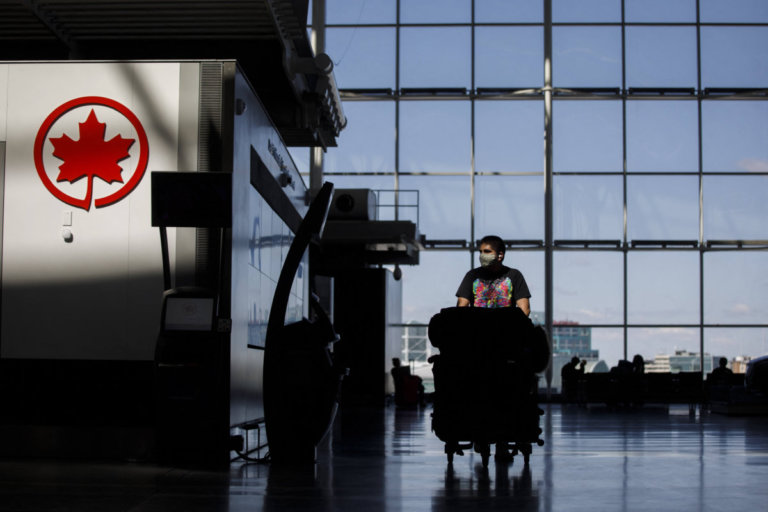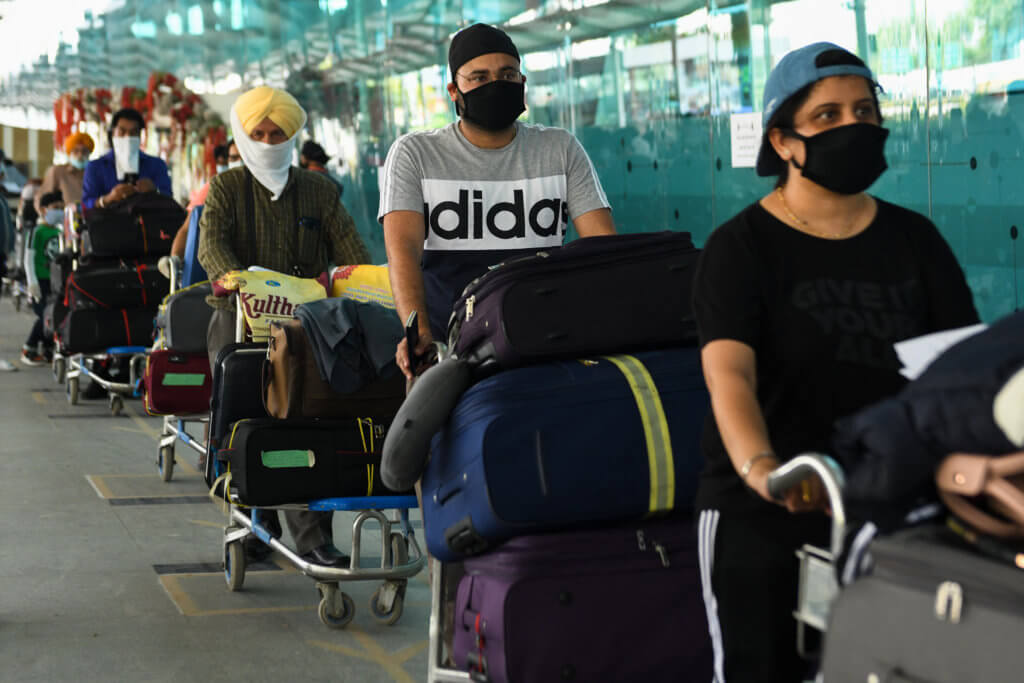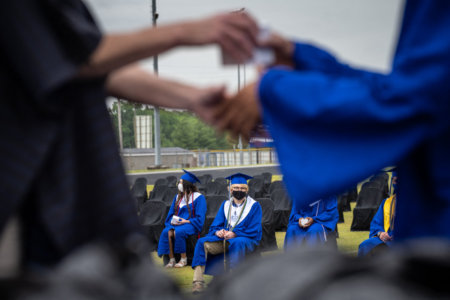
Canada has extended its India travel ban until Aug. 21, 2021. This will unfortunately keep Indian students out of the country for another month — the current ban was initially set to end on July 27 — even if they have received a study permit for the new semester in late August.
This India travel ban — which has been in effect since April 22 — has been extended repeatedly in line with Canada’s observation of India’s COVID-19 situation. According to CIC News, Indian students made up 30% of new students in Canada in recent years, making it one of the main sources of international talent in the Great White North. Here’s what you should know about Canada’s India travel ban.
India travel ban to last another month
Due to the lack of flights directly into Canada, Indian students may only get in the country via third-country travel. You can do this as long as you provide a negative COVID-19 test result from your point of departure, and have sufficient resources to fund costly tickets and possible quarantine.
Besides the lack of flights, a backlog on study permit processing is also complicating Indian students’ return to Canada. Just this week, India’s external affairs ministry said that study permit delays are keeping out 33,000 students hoping to return to campus for the new semester.
This is despite Canadian missions prioritising Indian student appointments. Its Indian counterpart in Ottawa has raised the issue with Global Affairs Canada, especially since universities are beginning to encourage deferrals instead of extending delays.
International commercial flights are banned in India until July 31. Though it has bilateral air bubble agreements with 28 countries, several of these countries introduced India travel bans as its COVID-19 health crisis escalated.

Indian students are lining up to return to Canada, but will have to put travel on hold for at least another month. Source: Narinder Nanu/AFP
Quarantine plan still necessary
Meanwhile, vaccinated students no longer have to be quarantined in Canada — or even complete a three-night stay at a hotel upon arrival — beginning August 9. However, you must still have a 14-day quarantine plan in case the need arises. You must submit your quarantine plan in the ArriveCAN app before you are cleared for travel.
“An international student must have a 14-day quarantine plan in case it is determined at the border that they do not meet all of the conditions required to be exempt from quarantine,” Immigration, Refugees and Citizenship Canada (IRCC) stated on July 19. “This is still the case even if they believe they meet the criteria for being considered a fully vaccinated traveller.”
Canada has also announced that it will welcome all vaccinated tourists — not just international students — without quarantine or triple-testing beginning September 7. Instead, it will introduce randomised testing and surveillance for fully-vaccinated travellers.
Those who have not been vaccinated will still be subject to testing on-arrival and day 8. These relaxed travel rules are attributed to Canada’s high vaccination rate and low COVID-19 cases, which have allowed provinces to reopen and rebuild post-pandemic.










